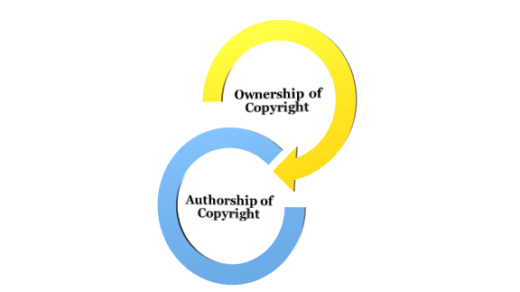The registration of a trademark serves as a keystone in protecting and distinguishing the goods or services of various entities within the vibrant Kenyan market.
Governed by the Trade Marks Act (Cap 506), the Kenyan legal framework sets forth specific criteria that must be met for a trademark (excluding certification marks) to be deemed registrable.
This article aims to elucidate the essentials of trademark registrability in Kenya, providing a clear guide for companies, individuals, and firms on how to ensure their marks meet the statutory requirements.
1. Distinct Representation of Name
The law specifies that a trademark can consist of the name of a company, individual, or firm, provided it is represented in a special or particular manner. This means that merely using a generic or plain representation of a name does not qualify for trademark protection.
The representation must have distinctive elements or stylization that set it apart from ordinary text, making it recognizable as a trademark.
2. Signature of the Applicant
A personal touch can be a strong distinguishing factor. Accordingly, the signature of the applicant for registration or of some predecessor in their business is also considered registrable as a trademark.
This provision allows for the unique stylization of a signature to serve as a symbol representing one’s goods or services, underscoring the personal connection and authenticity behind the brand.
3. Invented Words
The realm of trademarks is not limited to existing language. Invented words, or neologisms, that do not previously exist in any language, are eligible for registration. The inventiveness of such words makes them inherently distinctive and capable of serving as strong trademarks, as they do not carry prior associations or meanings in the minds of consumers.
4. Words Unrelated to Goods or Services
Words that are descriptive of the goods or services they represent are generally not registrable, as they do not distinguish one trader’s goods from another’s. However, words that have no direct reference to the character or quality of the goods or services, and are not geographical names or surnames in their ordinary signification, are considered registrable.
This criterion ensures that the trademark does not limit other traders from using common language to describe their goods or services while still allowing for distinctive brand identifiers.
5. Any Other Distinctive Mark
Beyond names, signatures, and words, the law opens the door to “any other distinctive mark” as being eligible for registration. This broad category includes logos, symbols, and other visual elements that can serve to distinguish the goods or services of one enterprise from those of others.
The key factor is distinctiveness; the mark must be capable of identifying the goods or services as originating from a specific source.
Conclusion
Navigating the requirements for trademark registrability in Kenya requires careful consideration of what makes a mark distinctive and capable of serving as a symbol of one’s business. The Trade Marks Act (Cap 506) provides a framework that balances the need for businesses to protect their brands with the need to keep the marketplace free from overly broad or generic claims.
By adhering to these guidelines, businesses can ensure that their trademarks are not only registrable but also effective tools in building and maintaining their brand identity in the competitive Kenyan market.




